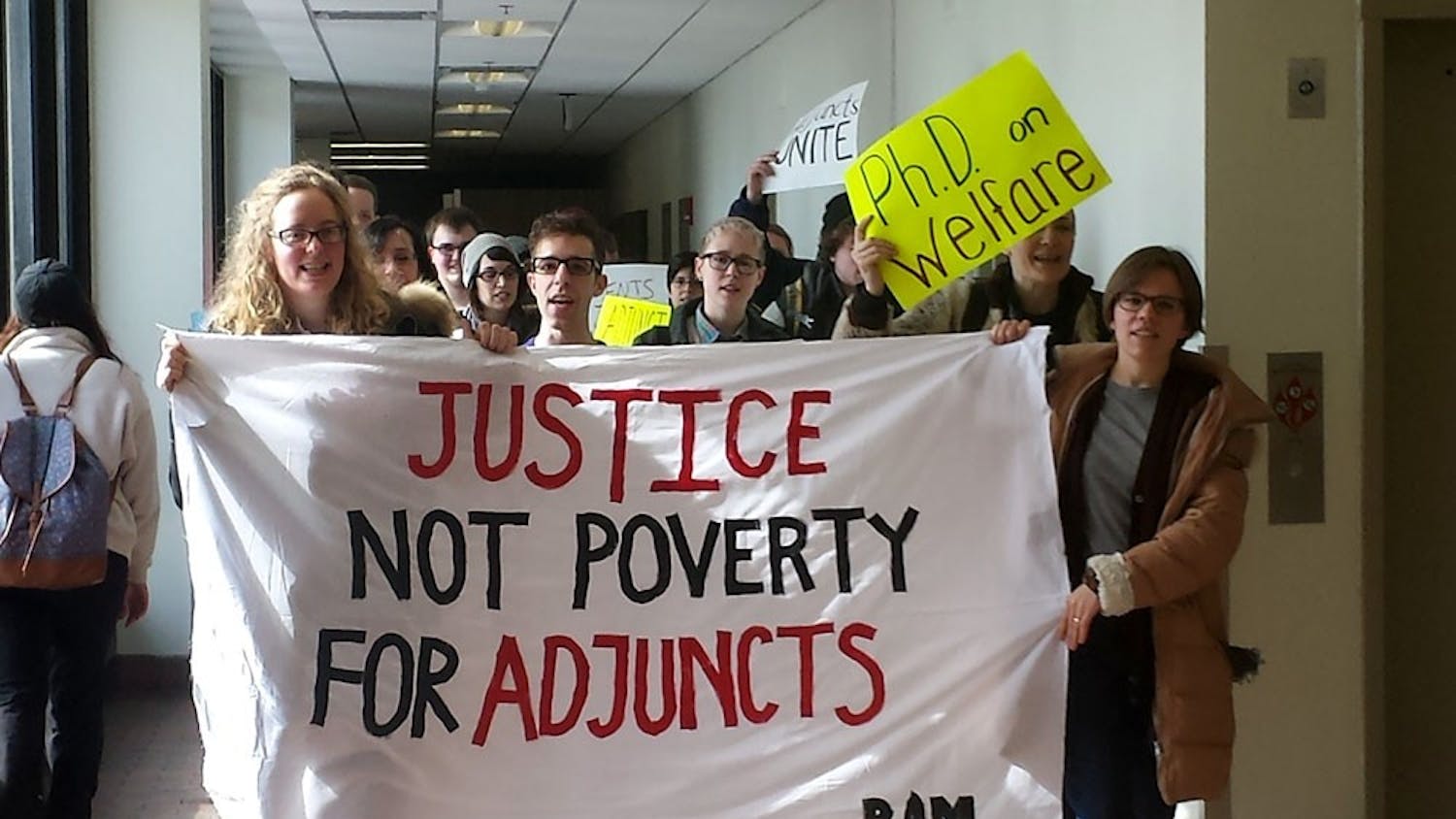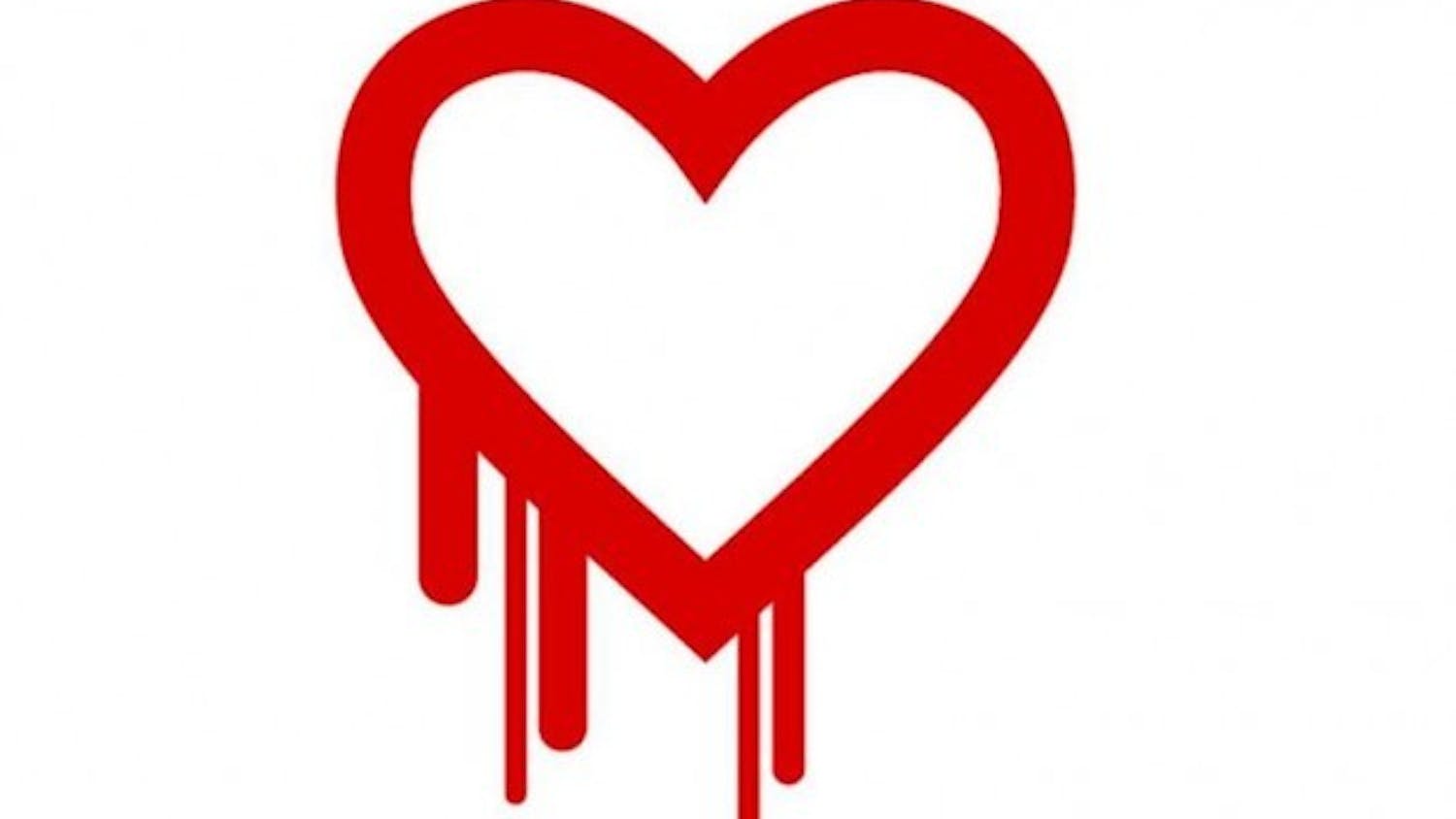On July 20, 2012, 12 people were killed with 70 injured in Aurora, Colo., in one of the deadliest and most publicized shootings in American history. The event launched another public outcry over gun control, after previous shootings at places like Virginia Tech and Columbine High School had brought the topic to Americans' attention.
The issue of guns was the primary topic in the latest InFocus meeting held last Friday. InFocus is a program that allows students to come together and talk about popular news topics while voicing their opinions. The first two meetings in the series focused on the Syrian conflict and the effect celebrities like Miley Cyrus have on society.
Carole Emberton, an associate professor in the Department of History, facilitated the discussion, which focused on varied topics about guns. Her research in 19th century militias and gun laws helped spur the conversation.
Emberton provided interesting statistics, including a poll in which 43 percent of households acknowledged they own guns. She also cited a statistic that showed close to 30,000 people are killed yearly by gun violence - about 80 people a day.
"Now, that may seem abstract until you realize that's roughly the same number of students and faculty at UB," Emberton said. "Can you imagine all of us wiped out, gone in a year's time? Some of those deaths are homicides, some suicides and others accidental - but all involve guns."
She added that gun violence has also led to $2 billion in hospital charges every year.
The statistics began a long discussion on whether people wanted to be registered as gun owners. The majority of the room supported gun ownership.
Robert Rondinaro, a junior biological sciences major, believes that owning a gun is something that needs to be taught.
"I own a gun myself back home," Rondinaro said. "I grew up in a household with plenty of guns, but I also received an education from not only my parents, but also other people in my life on how to handle a gun. People need to treat guns as a tool and I think we give it too much power."
Some did not agree.
Ellen Dussourd, the director of International Student and Scholar Services, questions if having the right to own a gun is worth it if people are dying from gun violence. She offered a solution she had heard in the past, which is to nationalize ammunition.
"I think that mass shootings are an unacceptable price to pay for gun ownership," Dussourd said. "I understand that many people feel that responsible ownership is the solution, and many advocate that more guns are the solution, but I don't agree. I think this is an epidemic."
During the discussion, one member responded by saying 30,000 people, although a large number, is little compared to other killers in America, such as diseases.
A part of the colloquium revolved around the Safe Act - a gun control law passed by New York State Gov. Andrew Cuomo. The Safe Act was a response to the Sandy Hook Elementary School shooting in Newtown, Conn. - the Dec. 14, 2012 event that killed 28 people, including 20 children, seven adults and the gunman, who took his own life.
Many people agreed with certain parts of the Safe Act, like the need to increase background checks on ammunition dealers. This is consistent with the national trend, with 91 percent of Americans supporting stricter background checks, according to an April Quinnipiac University poll. The Safe Act's limiting of gun magazines to 10, however, was seen as unnecessary and pointless.
Attendees suggested solutions throughout the event. One person suggested having trained individuals in schools to help disarm a potential shooter. Another recommended taking better care of people who had potential mental health issues.
Wen Jie Aw, a sophomore from Malaysia majoring in chemistry, asked the entire room whether "normal" people really needed guns. He specifically questioned if people could live without a gun.
"In Malaysia, gun violence is often covered up and actually pointed to a racial issue between, for example, a Chinese person and a Malaysian person," Aw said. "In the end, it all comes [to the fact] that a person was killed. It doesn't matter if he was black or Chinese. We can't identify all the psychopaths in the world, but we need to make progress and progress requires sacrifice."
Many attendees wanted to voice their opinion, but the students continued to engage in conversation, sometimes interrupting each other. Though conflicting opinions persisted throughout the event, the discussion was cut short due to time.
email: news@ubspectrum.com




